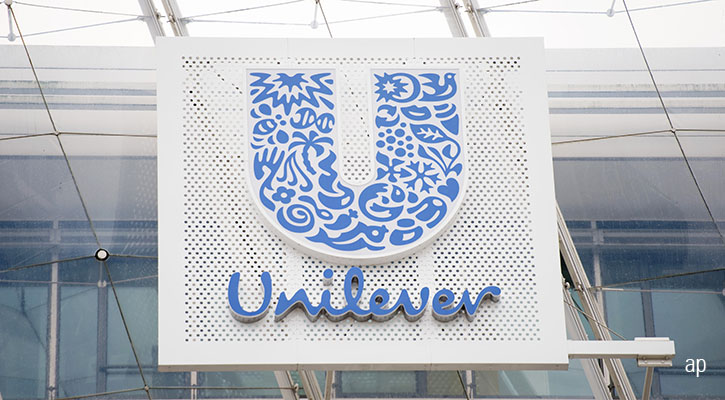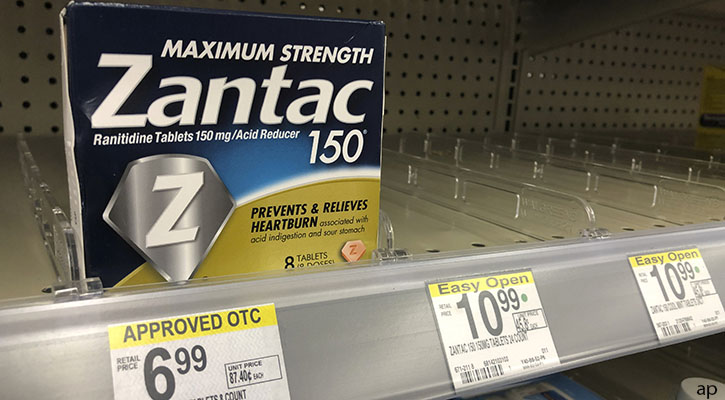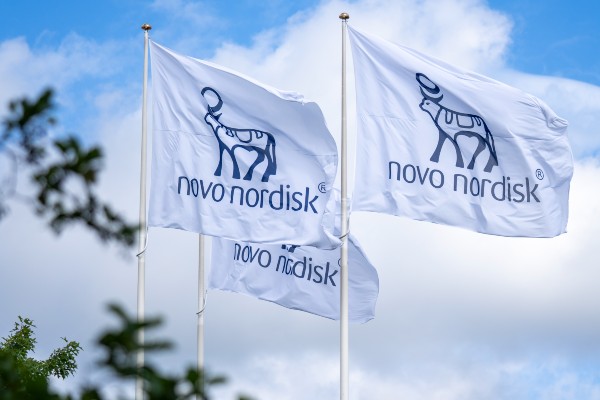
Shares in Rolls-Royce (RR.) surged 20%, after it said that its financial results for the first half of the year are expected to be materially above consensus expectations.
The London-based jet engine manufacturer expects higher underlying operating profit of £660 million to £680 million, versus consensus of £328 million, as well as free cash flow of £340 million to £360 million, versus consensus of £50 million. Rolls-Royce explained that this reflects continued end-market growth and its focus on commercial optimisation and cost efficiencies across the company.
Looking ahead, it upped its full-year expectations. It now expects underlying operating profit of £1.2 billion to £1.4 billion, versus consensus of £934 million, and free cash flow of £900 million to £1.0 billion, versus consensus of £732 million, in 2023.
British American Tobacco (BATS) saw its pretax profit rise sharply by 73% to £5.30 billion for the six months that ended June 30 from £3.06 billion a year before.
Revenue though was up just 3.7% to £13.34 billion from £12.87 billion, driven by New Categories, which made progress towards the £5 billion target by 2025.
BAT chief executive Tadeu Marrocos, who stepped into the CEO role in May.
Looking ahead, BAT kept its full-year guidance unchanged.
Lloyds Banking Group (LLOY) raised its full-year guidance off the back of higher income and profit in the last six months.
For the half year ended June 30, the Edinburgh-based bank said its pretax profit rose by 23% to £3.87 billion from £3.15 billion for the same period in 2022.
Total income rose to £14.90 billion from £11.99 billion. This included net interest income of £6.80 billion, up 13% from £6.04 billion. Other income increased to £8.10 billion, swung from a £18.03 billion loss the prior year. Operating expenses meanwhile increased 8.1% to £4.77 billion from £4.42 billion.
Pretax profit for the second quarter was £1.61 billion, up 0.3% from £1.61 billion for the same quarter last year. Net income increased 6.5% to £4.53 billion from £4.26 billion.
Lloyds declared an interim dividend of 0.92 pence per share for the half year, up 15% from 0.80p the previous year but down 43% from 1.60p for the second half of 2022.
GSK (GSK) upgraded its full-year guidance, after seeing a strong quarterly performance on the strength of segments like HIV and Vaccines.
For the three months ended June 30, the London-based pharmaceutical company reported pretax profit of £1.99 billion, more than doubled from £896 million a year before.
Adjusted operating profit rose to £2.17 billion from £2.00 billion.
Turnover increased to £7.18 billion from £6.93 billion a year prior.
GSK declared a quarterly dividend of 14 pence per share, the same as for the first quarter. It still expects to pay 56.5p for the year as a whole. This will be down 7.8% from 61.25p in 2022.
Reflecting on the first half, GSK said it had exceeded its full-year guidance expectations. It attributed this to "strong business momentum" across all product areas, but particularly in HIV, as well as in General Medicines.
As a result, the firm upgraded its full-year 2023 guidance.
Rio Tinto (RIO) said its half year profit had fallen and its sales revenue was down, citing softer market conditions.
The Anglo-Australian mining and metals company reported its half-year pretax profit in the six months ended June 30 was $6.93 billion, plummeting from the restated $12.32 billion year-on-year.
Sales revenue in the first half was $26.67 billion, down from $29.78 billion in the prior year.
The company's underlying earnings before interest, tax, depreciation, and amortization was $11.73 billion, down 25% from $15.60 billion the previous year.
Free cash flow dropped to $3.77 billion, from $7.15 billion the previous year, and net debt on June 30 was $4.35 billion, up from $4.19 billion year-on-year.
The company declared an interim dividend of $1.77 cents, down 34% from $2.67 the previous year.
Shares in Rolls-Royce (RR.) surged 20%, after it said that its financial results for the first half of the year are expected to be materially above consensus expectations.
The London-based jet engine manufacturer expects higher underlying operating profit of £660 million to £680 million, versus consensus of £328 million, as well as free cash flow of £340 million to £360 million, versus consensus of £50 million. Rolls-Royce explained that this reflects continued end-market growth and its focus on commercial optimisation and cost efficiencies across the company.
Looking ahead, it upped its full-year expectations. It now expects underlying operating profit of £1.2 billion to £1.4 billion, versus consensus of £934 million, and free cash flow of £900 million to £1.0 billion, versus consensus of £732 million, in 2023.
British American Tobacco (BATS) saw its pretax profit rise sharply by 73% to £5.30 billion for the six months that ended June 30 from £3.06 billion a year before.
Revenue though was up just 3.7% to £13.34 billion from £12.87 billion, driven by New Categories, which made progress towards the £5 billion target by 2025.
BAT chief executive Tadeu Marrocos, who stepped into the CEO role in May.
Looking ahead, BAT kept its full-year guidance unchanged.
Lloyds Banking Group (LLOY) raised its full-year guidance off the back of higher income and profit in the last six months.
For the half year ended June 30, the Edinburgh-based bank said its pretax profit rose by 23% to £3.87 billion from £3.15 billion for the same period in 2022.
Total income rose to £14.90 billion from £11.99 billion. This included net interest income of £6.80 billion, up 13% from £6.04 billion. Other income increased to £8.10 billion, swung from a £18.03 billion loss the prior year. Operating expenses meanwhile increased 8.1% to £4.77 billion from £4.42 billion.
Pretax profit for the second quarter was £1.61 billion, up 0.3% from £1.61 billion for the same quarter last year. Net income increased 6.5% to £4.53 billion from £4.26 billion.
Lloyds declared an interim dividend of 0.92 pence per share for the half year, up 15% from 0.80p the previous year but down 43% from 1.60p for the second half of 2022.
GSK (GSK) upgraded its full-year guidance, after seeing a strong quarterly performance on the strength of segments like HIV and Vaccines.
For the three months ended June 30, the London-based pharmaceutical company reported pretax profit of £1.99 billion, more than doubled from £896 million a year before.
Adjusted operating profit rose to £2.17 billion from £2.00 billion.
Turnover increased to £7.18 billion from £6.93 billion a year prior.
GSK declared a quarterly dividend of 14 pence per share, the same as for the first quarter. It still expects to pay 56.5p for the year as a whole. This will be down 7.8% from 61.25p in 2022.
Reflecting on the first half, GSK said it had exceeded its full-year guidance expectations. It attributed this to "strong business momentum" across all product areas, but particularly in HIV, as well as in General Medicines.
As a result, the firm upgraded its full-year 2023 guidance.
Rio Tinto (RIO) said its half year profit had fallen and its sales revenue was down, citing softer market conditions.
The Anglo-Australian mining and metals company reported its half-year pretax profit in the six months ended June 30 was $6.93 billion, plummeting from the restated $12.32 billion year-on-year.
Sales revenue in the first half was $26.67 billion, down from $29.78 billion in the prior year.
The company's underlying earnings before interest, tax, depreciation, and amortization was $11.73 billion, down 25% from $15.60 billion the previous year.
Free cash flow dropped to $3.77 billion, from $7.15 billion the previous year, and net debt on June 30 was $4.35 billion, up from $4.19 billion year-on-year.
The company declared an interim dividend of 177.0 cents, down 34% from 267.0 cents the previous year.






























